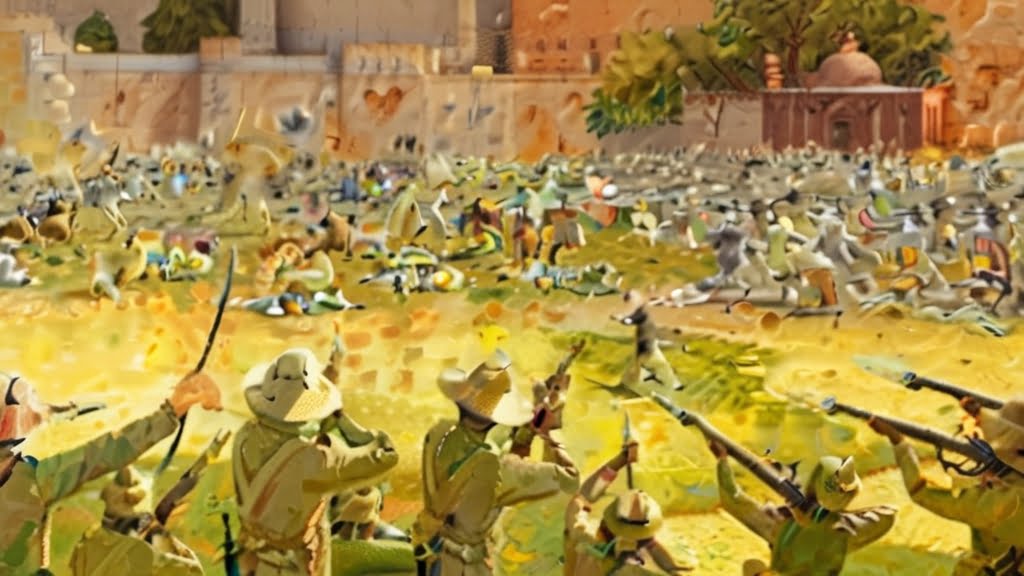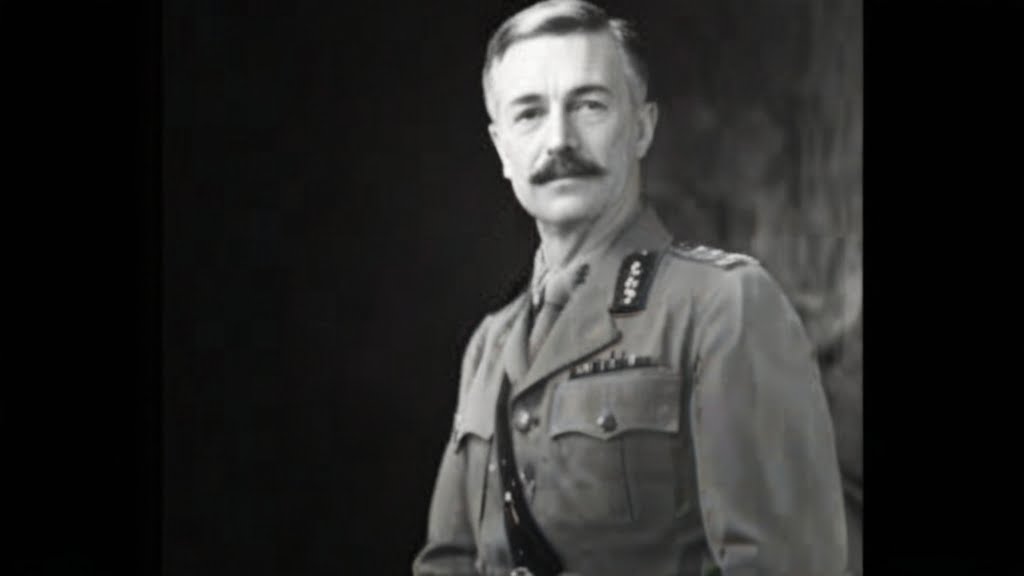“Jallianwala Bagh stands as a solemn reminder of the cost of freedom, where the echoes of the past urge us never to forget the sacrifices made in the pursuit of liberty.”


Introduction: Jallianwala Bagh massacre
April 13, 1919, marked a grim day in the annals of Indian history – the day of the Jallianwala Bagh massacre. This tragic event, etched into the collective memory of the nation, stands as a stark reminder of the brutality of colonial rule and the sacrifices made by countless Indians in the struggle for independence. As we commemorate the solemn anniversary, it is crucial to reflect on the significance of this event and its lasting impact on India’s quest for freedom.
Historical Context:
In the aftermath of World War I, India was seething with discontent against British rule. The draconian Rowlatt Act, which allowed for indefinite detention without trial, had sparked widespread protests across the country. In Punjab, the heartland of the independence movement, tensions were running high.
The Incident:
On the fateful day of April 13, 1919, thousands of unarmed civilians had gathered at Jallianwala Bagh, a public garden in Amritsar, to peacefully protest against the arrest of two national leaders and to demand freedom from colonial oppression. Without warning, British Brigadier General Reginald Dyer and his troops blocked the sole exit to the garden and opened fire on the unsuspecting crowd.
The aftermath was catastrophic. For nearly ten minutes, bullets rained down mercilessly on men, women, and children trapped within the confined space of the garden. The indiscriminate firing left hundreds dead and thousands wounded, many of whom were innocent bystanders caught in the crossfire. The brutality of the massacre sent shockwaves not only across India but also reverberated around the world.
Impact and Outrage:
The Jallianwala Bagh massacre galvanized the Indian independence movement like never before. It sparked outrage and indignation among Indians from all walks of life, transcending barriers of region, religion, and caste. Mahatma Gandhi, who was already at the forefront of the struggle, called the massacre “a monstrous massacre” and declared it a turning point in India’s fight for freedom.
The aftermath of the massacre saw a surge in nationalist fervor and renewed determination to break free from British shackles. It fueled the Non-Cooperation Movement and inspired countless Indians to join the struggle for independence, laying the groundwork for the eventual overthrow of colonial rule.
Legacy and Remembrance:
The Jallianwala Bagh massacre remains a poignant symbol of India’s quest for freedom and the price paid by countless patriots in that noble pursuit. The bullet marks on the walls of the garden, preserved as a memorial, serve as a somber reminder of the sacrifices made by those who dared to dream of a free and independent India.
On this solemn anniversary, as we remember the victims of the Jallianwala Bagh massacre, let us reaffirm our commitment to the ideals of justice, freedom, and democracy. Let us honor the memory of those who laid down their lives for the cause of independence and draw inspiration from their courage and sacrifice as we continue to strive for a better and brighter future for our nation.
Conclusion:
The Jallianwala Bagh massacre stands as a dark chapter in India’s history, but it is also a testament to the indomitable spirit of its people. As we pay homage to the martyrs of that fateful day, let us pledge to uphold the values of liberty, equality, and fraternity for which they so valiantly fought. For in remembering their sacrifice, we reaffirm our commitment to building a more just, inclusive, and compassionate society for generations to come.
Brigadier General Reginald Dye and his role in the Jallianwala Bagh Massacre


Brigadier General Reginald Dyer was a British military officer whose name is forever etched in history due to his central role in the Jallianwala Bagh Massacre, a tragic event that took place on April 13, 1919, in Amritsar, Punjab, during the British Raj in India.
Dyer was born in 1864 in Murree, British India (now in Pakistan), and was educated in England before joining the British Army. Throughout his military career, Dyer served in various capacities and gained a reputation for his strict discipline and ruthless approach to maintaining law and order.
In April 1919, Dyer was stationed in Amritsar as the acting Brigadier General. During this time, India was experiencing widespread political unrest and agitation against British colonial rule. The arrest and deportation of two national leaders, Dr. Satyapal and Dr. Saifuddin Kitchlew, had sparked public outrage, leading to protests and demonstrations across the country.
On April 13, a large crowd gathered at Jallianwala Bagh, a public garden, to peacefully protest against the arrest of the two leaders and to demand political reforms. Without any prior warning or attempt to disperse the crowd using non-violent means, Dyer ordered his troops to open fire on the unarmed civilians trapped within the enclosed garden.
Under Dyer’s command, British Indian Army troops fired indiscriminately into the crowd for about ten to fifteen minutes, resulting in hundreds of deaths and thousands of injuries. The narrow exits of Jallianwala Bagh made it impossible for people to escape, leading to a horrific loss of life and a scene of utter chaos and devastation.
Dyer’s decision to unleash such violence on unarmed civilians was met with widespread condemnation, both within India and internationally. The Jallianwala Bagh Massacre became a turning point in India’s struggle for independence, fueling the flames of resistance against British rule and galvanizing public support for the freedom movement.
Despite the public outcry and criticism, Dyer remained unapologetic about his actions, defending his decision as necessary to maintain British supremacy and order in India. However, his role in the massacre became a symbol of British brutality and oppression, further intensifying the demand for self-rule and independence among the Indian populace.
In the aftermath of the Jallianwala Bagh Massacre, Dyer was relieved of his command and faced a formal inquiry by the British government. The inquiry, known as the Hunter Commission, found Dyer guilty of excessive force but stopped short of imposing any significant punishment.
Brigadier General Reginald Dyer’s actions at Jallianwala Bagh remain a contentious and debated topic, reflecting the complex and painful history of colonialism, oppression, and resistance in India. His role in the massacre continues to be remembered as a stark reminder of the human cost of British colonial rule and the sacrifices made by those who fought for India’s freedom.
Try this digital Product – https://bhaktihub.com/
Our latest articles – https://genzfitness.in/
